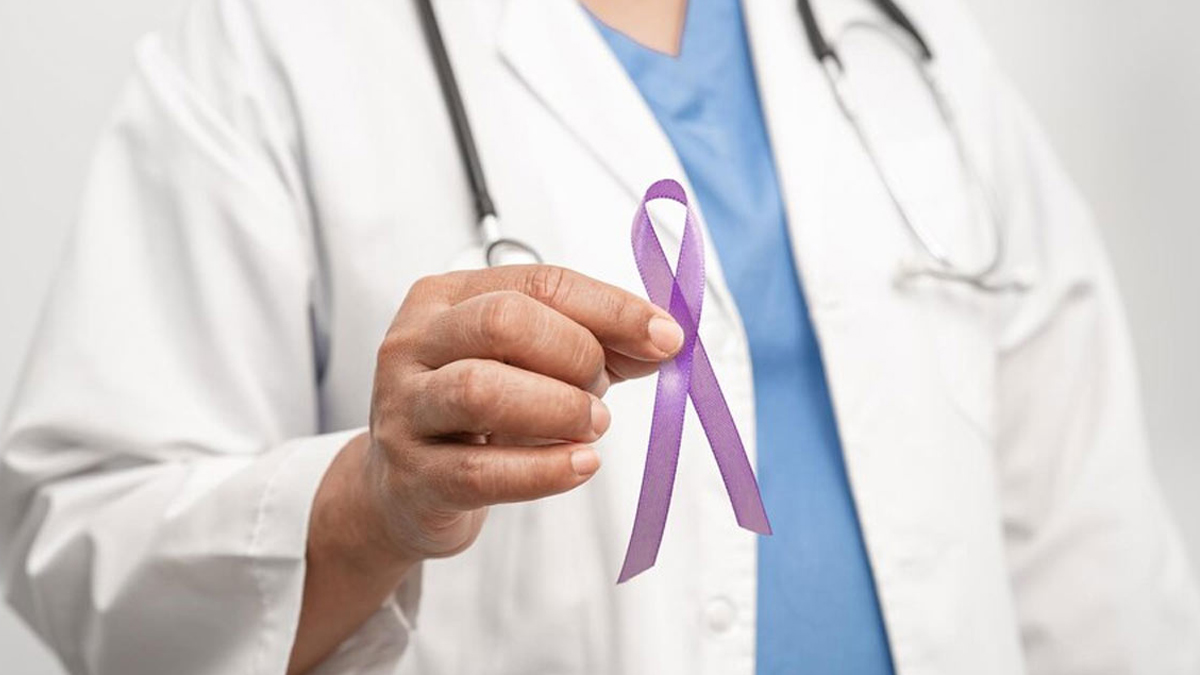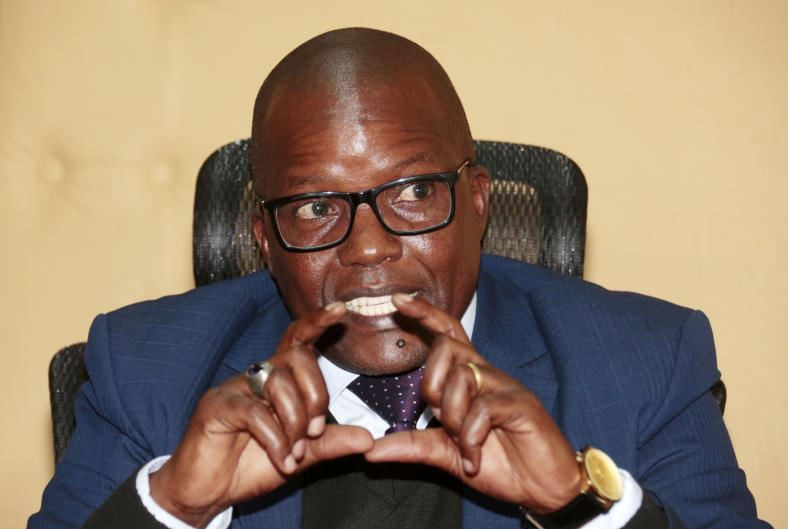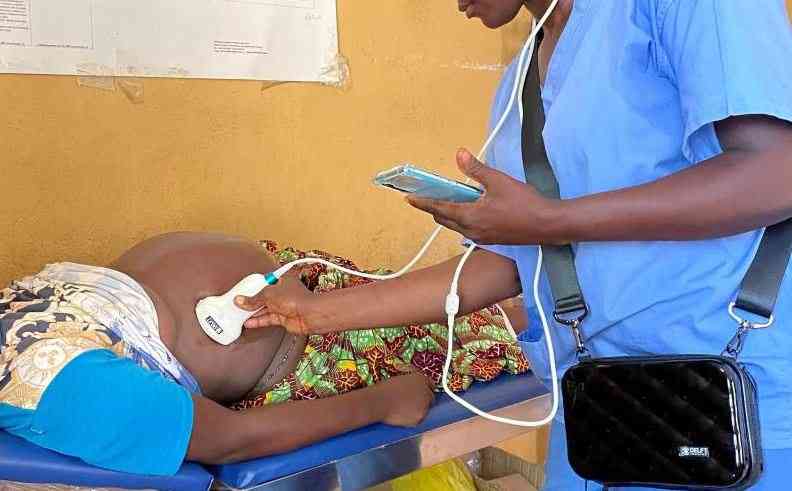Cancer Prevention And Early Detection Must Be A Priority FPA India
Cancer continues to be a significant public health crisis in India, with breast, oral, and cervical cancers accounting for nearly 34% of all reported cases. On World Cancer Day, the Family Planning Association of India (FPA India) has reinforced the urgent need for greater awareness, early detection, and accessible treatment to curb the rising cancer burden in the country.
According to Globocan 2020, breast cancer is the most frequently diagnosed cancer among Indian women, comprising 13.5% of cases, with 178,361 new diagnoses and 90,408 deaths reported in 2020. Cervical cancer follows closely, with 1.24 lakh new cases and 77,348 deaths annually, while oral cancer accounts for 10.3% of all cancers, with 135,929 new cases and 75,290 deaths each year.

Despite the implementation of population-based screening programs under the National Health Mission (NHM), participation remains worryingly low. Data from the National Family Health Survey (NFHS-5) reveals that only around 1% of Indian women and men have undergone screening for these life-threatening diseases.
A significant obstacle in cancer prevention is the lack of awareness and accessibility to screening services, especially in rural and underserved communities. Fear, stigma, and misinformation prevent many individuals from seeking timely medical attention.
Also Read: Bengaluru Launches Free HPV Vaccination Drive for Girls After Hyderabad to Prevent Cervical Cancer
Dr Nozer Sheriar, Chairperson of the Medical Advisory Panel at FPA India, stresses that education and accessibility are key:
“We need to tackle the fear and stigma associated with cancer screenings and ensure that services reach the most vulnerable populations.”

FPA India has been a pioneer in cancer screening and prevention for over a decade, integrating these services into its broader sexual and reproductive healthcare programs. In 2024 alone, the organization conducted:
Additionally, recognising the role of HPV vaccination in preventing cervical cancer, FPA India launched a nationwide awareness and immunization campaign. Since September 2023, 1,700 doses of the HPV vaccine have been administered to girls aged 9 to 14 years.
To expand access to cancer screening, FPA India has embraced digital technology. By training mid-level healthcare providers, the organization ensures that even low-resource settings benefit from early detection programs.

Dr Rathnamala Desai, President of FPA India, highlights the importance of innovation:
“By integrating digital tools and training community health workers, we are bridging critical gaps in screening and reaching populations that otherwise lack access to traditional healthcare infrastructure.”
FPA India acknowledges the Government of India’s commitment to cancer prevention and treatment, as reflected in the Union Budget 2025-2026. However, the organization urges policymakers to prioritize preventive measures by:
Dr Kalpana Apte, CEO of FPA India, emphasizes the importance of government collaboration:
“We commend the government’s focus on cancer management, but stronger investments in prevention and early detection are crucial.”
The rising cancer burden in India demands a multi-faceted approach involving government agencies, healthcare providers, NGOs, and communities. Prevention, regular screenings, and timely treatment can significantly reduce mortality rates. Dr Rathnamala Desai makes an urgent appeal: “We must act now. Through collective efforts, we can save lives, reduce suffering, and create a future where cancer is a preventable and treatable disease—rather than a death sentence.”
With increased awareness, accessible healthcare, and policy support, India can turn the tide against cancer and ensure a healthier future for all.












